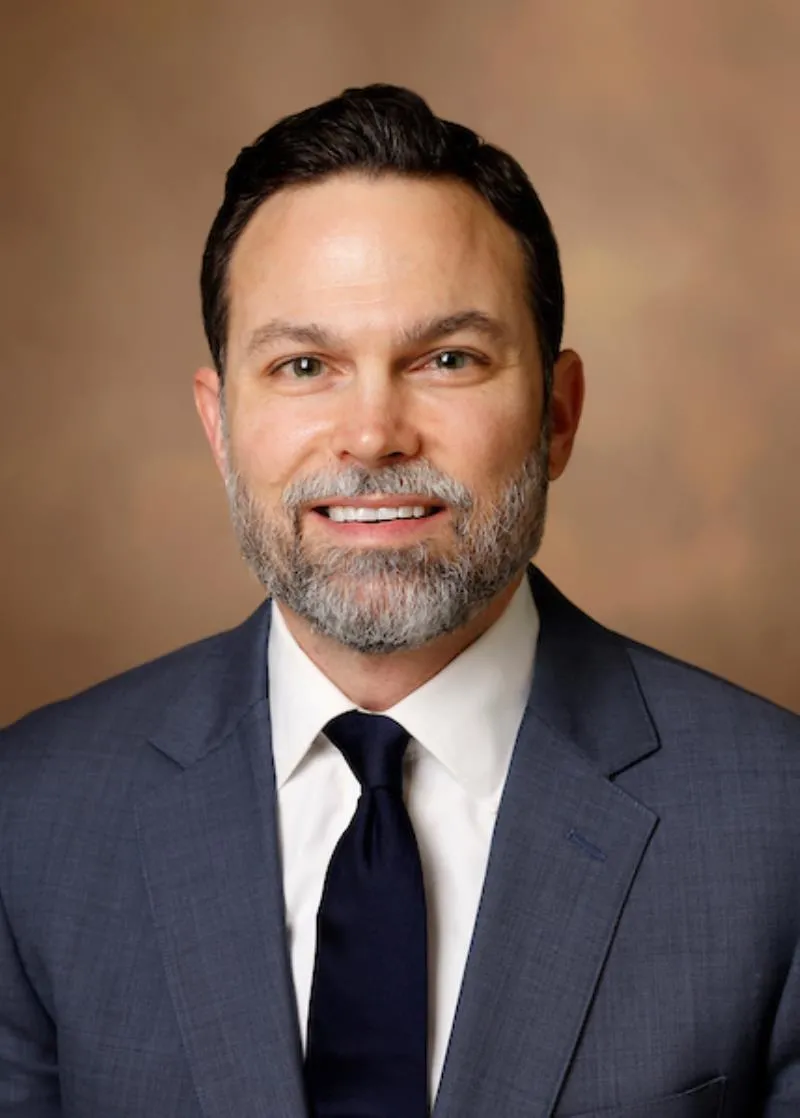Training for residents utilizing the American Board of Internal Medicine Research Pathway
The Department of Medicine at Vanderbilt University Medical Center is committed to the career development of physician-scientists and provides an outstanding environment for receiving exceptionally high-quality clinical and research training.
The Physician-Scientist Training Program utilizes the American Board of Internal Medicine (ABIM) Research Pathway to facilitate combined clinical and research training of individuals who are committed to careers in academic medicine. Training is enhanced by membership in the Harrison Society.
Opportunities for future leaders in academic medicine
Since 1999, the Vanderbilt PSTP has attracted incoming residents who seek high-quality clinical training combined with cutting-edge research opportunities and who aspire to become future leaders in academic medicine. Sixty-nine alumni have completed the program since its inception. Today, 32 residents and fellows representing 23 different medical schools are enrolled in the program. We matriculate up to eight trainees each year. Two-thirds of our trainees hold combined MD and PhD degrees.
Career development for physician-scientists
The mission of the Vanderbilt University Medical Center Internal Medicine Residency Program is to promote discovery of new biomedical knowledge and translation of this knowledge to patient care through the training and development of physician-scientists.
The Vanderbilt Physician-Scientist Training Program (PSTP) is strongly committed to the career development of physician-scientists who utilize the American Board of Internal Medicine (ABIM) Research Pathway to facilitate combined clinical and research training.
Training is enhanced by membership in the Harrison Society, a select peer group of physician-scientists in training. The Society facilitates mentoring by Vanderbilt faculty and distinguished visiting professors.
Program Leadership

Evan Brittain, MD, MSCI
Professor of Medicine, Division of Cardiovascular Medicine
Director, Physician-Scientist Training Program/Tinsley Randolph Harrison Society
Assistant Dean for Physician Researcher Training
